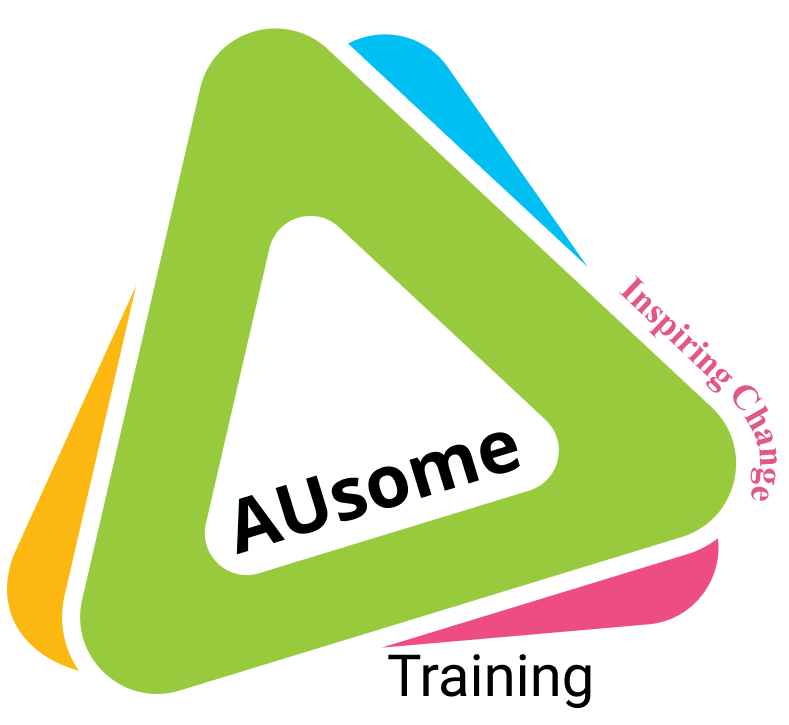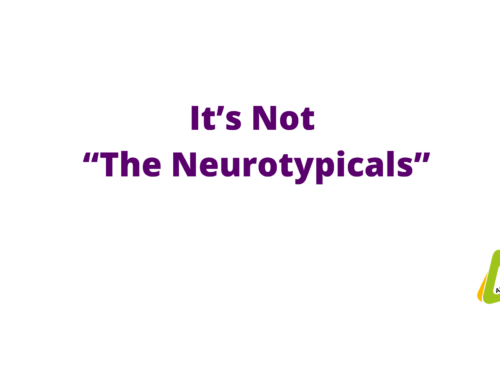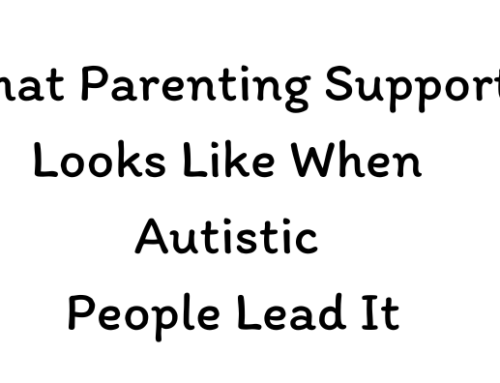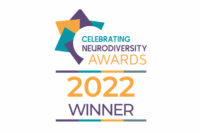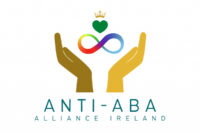AUsome Trainer Gillian Kearns
For me, Autistic Pride Day is a chance to celebrate the Autistic community and the incredible work that they are doing to try and support all members of the community. There’s so much work still to be done in this area, but I’m proud of the intersectionality that I’m beginning to see within the Autistic community.
Those of us who are more likely to be heard have a responsibility to uplift the voices of those least heard. Especially the non-speaking community and often overlooked multiply marginalised communities. I hope that this continues to grow and that more and more of these lesser heard voices are given a chance to explain their lived reality.
I’m also proud of the strength that the Autistic community has shown in tackling issues specific to our community such as stigma, prejudice and misinformation and supporting other issues in the wider disability field. Every day, Autistic people offer support and guidance to their peers and supporters to try to create a better future for all those of our neurokin (or Neuro Clann) coming up behind us. Because we don’t want them to have to go through what we’ve gone through. And I’m proud of us for being able to use our life experience to try and better the life experiences of others.
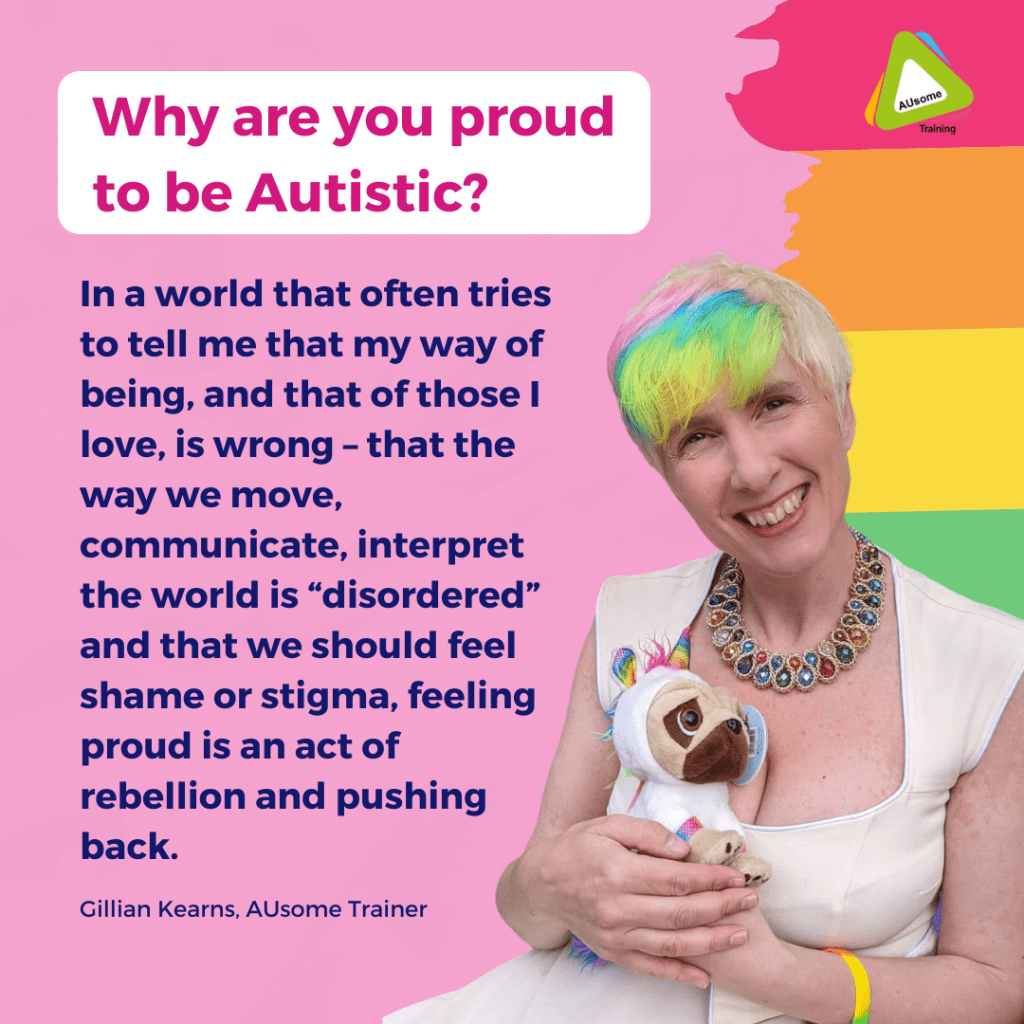
I’m also proud of the growing community that we have here in Ireland – the comfort, support and help that we have offered to each other. It’s only by banding together that we will facilitate the changes that we need in this country for all Autistic people, young and old. I’m proud of my community using its strong sense of justice to strive for more neuro-affirming and disability-friendly supports and services. And in the wider community, recognising that issues such as the homelessness crisis, cost of living crisis, and the growing attacks on Trans and other LGBTQIA people affect all of us and are part of our community as well.
And, for me, Autistic pride is a form of resistance – inspired by the words of Audre Lord “Caring for myself is not self-indulgence. It is self-preservation, and that is an act of political warfare”.
In a world that often tries to tell me that my way of being, and that of those I love, is wrong – that the way we move, communicate, interpret the world is “disordered” and that we should feel shame or stigma, feeling proud is an act of rebellion and pushing back. It is not accepting this tragedy narrative – it is recognising the struggles but also celebrating the joys, it is acknowledging that things can be difficult for disabled and marginalised groups but that we are strong, capable and caring. The notion of ‘Radical Self Love’ described by Sonya Renee Taylor plays into my understanding of Autistic and Neurodivergent Pride – self acceptance and compassion and extending that acceptance and compassion to my neuro clann and those who support us.
AUsome Trainer Stiof MacAmhalghaigh
Why am I proud to be Autistic
The easiest way to answer this is to ask a different question:
When I look around at the community we’ve built, what do I see?
I see something created out of nothing by people with few resources. It is peopled by the most diverse mix of genders, ethnicities, and nationalities, by people who often have multiple disabilities and illnesses, who have experienced trauma and discrimination, exclusion and abuse. It is dispersed across every nation, a diaspora with no homeland.
That community should not exist. It should have been impossible to bring such a diversity of experiences and perspectives together. For sure we have our fights and falling out as happens in any community, and yet that community remains and grows, continues to build a history, a terminology, myths and stories, organisations and businesses, subgroups and fandoms, art, science, wisdom, and much more.
At the heart of that community is a culture that is alive, vibrant, complex, thrilling, curious and creative. It cuts across borders and language barriers as if they never existed. Far more than any culture today, it embraces diversity and reaches out a hand to those who struggle and offers support and safety, conjured often out of nothing but determination and compassion.
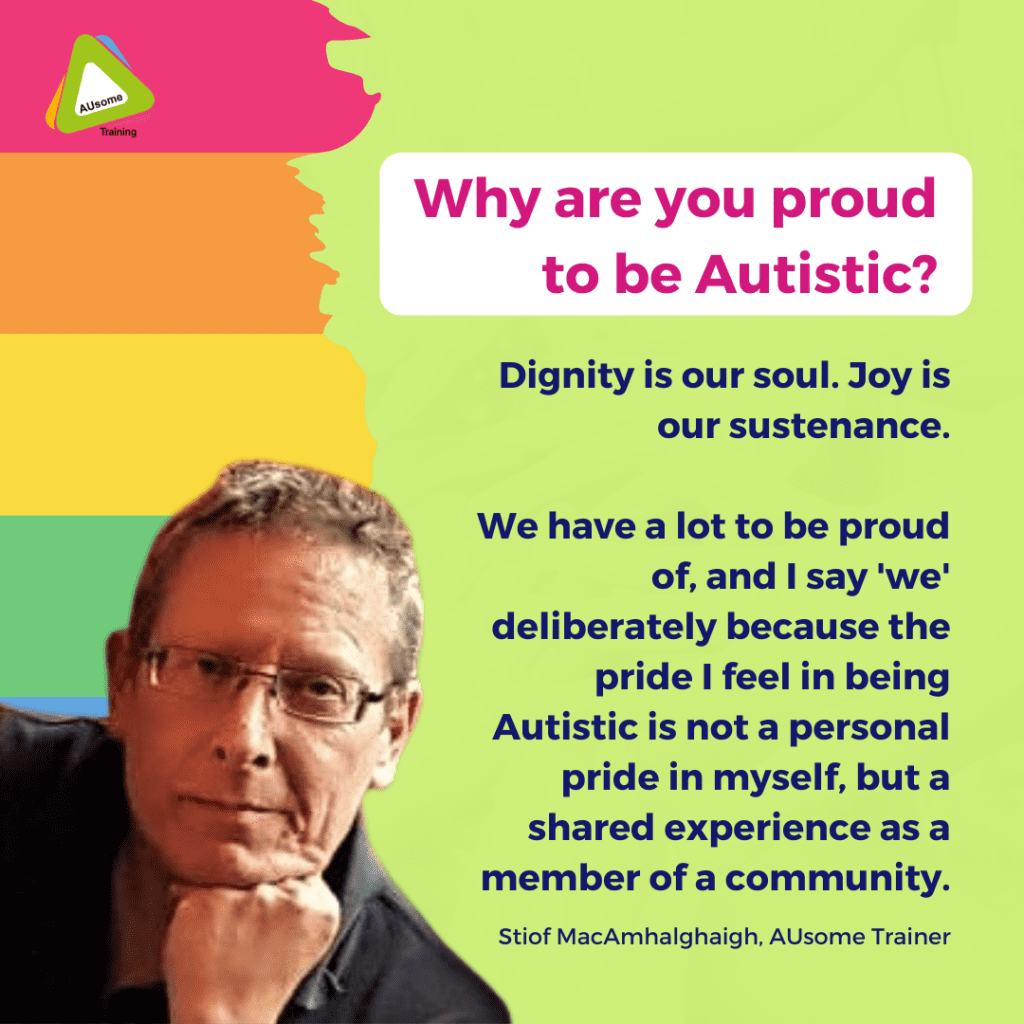
Thirty years ago, this community did not exist. Twenty years ago, it comprised just a few thousand people at best scattered across the globe.
Thirty years ago, others viewed us as incapable, destructive, uncaring burdens living out a miserable life of dependency even while ruining the lives of those caring for us. Today, we are increasingly sought out for our creativity and skill, are asserting our rights, offering leadership, and standing as role models to others… and doing so very much as a community rather than as individuals.
This should not be possible.
We’ve fought no wars. We’ve not had any grand legislative changes. We have no government. No army. No militia or street fighters. There have been no mass marches in the streets, no blockades, no sit-ins. We have no homeland and many of us have little or no in-person contact with other Autistic people.
But we initiated a revolution. That revolution is ongoing, and it is picking up pace year on year.
This should not be possible.
What has driven this forward, above all else, is dignity.
We have reached this point primarily through a focus on our personal dignity, and the dignity of others. Doing so requires thoughtful consideration, determination, patience, attention to detail, honesty, compassion, resourcefulness.
But it also requires something else: joy.
A joy in being. A joy in experiencing. A joy in sharing. And a joy in seeing others raised up.
A lot of work – and pain – goes into describing and explaining to others the obstacles Autistic people experience, arguing for access, defending our rights and so on. But when you get a group of Autistic people together in one place, what emerges above all is joy, excitement, fascination, enthusiasm and sharing. That’s the fuel we run on.
Dignity is our soul. Joy is our sustenance.
This is the bond that holds our community together and gives us strength.
We have a lot to be proud of, and I say ‘we’ deliberately because the pride I feel in being Autistic is not a personal pride in myself, but a shared experience as a member of a community.
Have a joyous Autistic Pride everyone.
